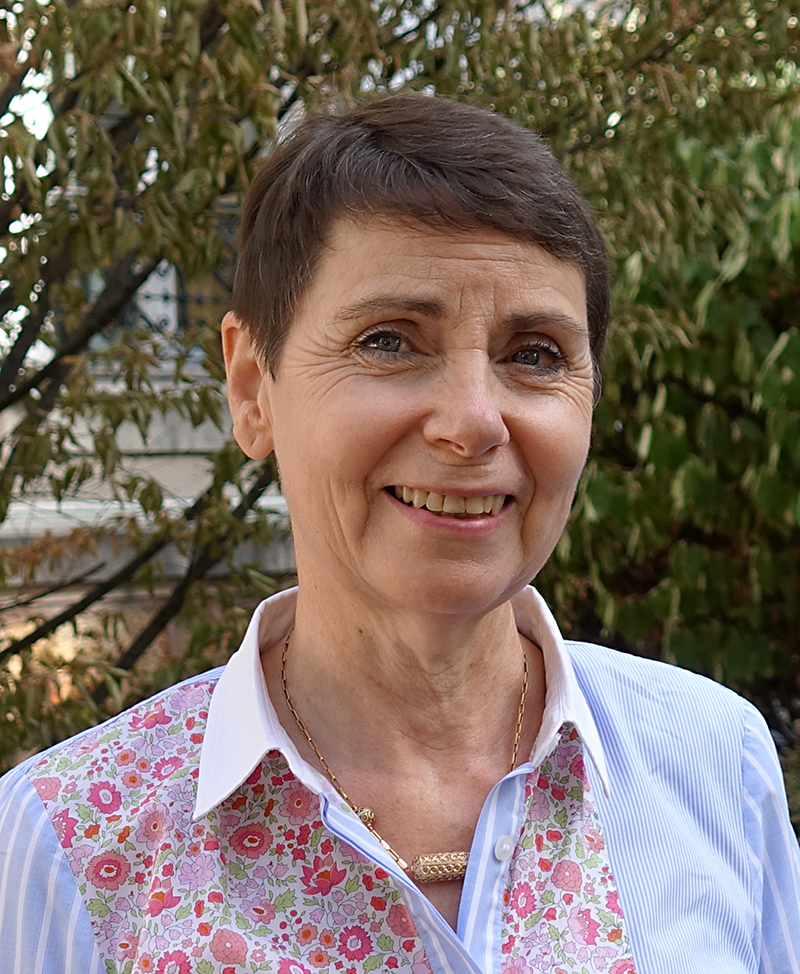Interview with Frédérique Fournier, Director of the IFP School Georesources and Energy Center

The Petroleum Engineering and Project Development program (DEG) will be taught entirely in English starting with the 2021 academic year. Frédérique Fournier, Director of the Georesources and Energy Center, explains the background for this change.
1. With this shift in the DEG program, all programs of IFP School’s Georesources and Energy Center will henceforth be taught in English: what are the reasons for this choice?
From mid-2019 to mid-2020, we gave thought to the changes to be made to programs at the Georesources and Energy Center.
We surveyed our main industry partners in order to identify their new needs in terms of competencies, against the backdrop of changes in the energy sector.
Among its findings, the study underscored the importance of changing the language of instruction for the program Développement et exploitation des gisements, which is now called Petroleum Engineering and Project Development.
This shift enhances our coherence with the field covered by the program and lets our graduates envisage resolutely international professional careers.
Switching to a program taught in English also has two other objectives: enhancing the School’s prestige abroad and diversifying candidates’ profiles with a view to attracting even more talent.
2. Can you present the Petroleum Engineering and Project Development program in terms of goals, content, job prospects, average number of students per year, etc.?
The Petroleum Engineering and Project Development program offers a global vision of georesources, more particular gas and oil fields. This is done by integrating the three core businesses of reserves, drilling and production, with a view to optimizing production of gas and oil while increasing their recovery rate, limiting CO2 emissions, ensuring safety and minimizing environmental impact.
Teaching relies on case studies, work in multicultural teams around projects with industry supervision, mastery of software used in industry and site visits.
The aim is to train agile integration engineers who are aware of the different aspects of data and grasp the fundamentals of their future profession. They must be able to adapt to all kinds of projects for developing and exploiting georesources, whether this involves hydrocarbons, geothermal energy or using the subsoil for storage purposes (e.g. with natural gas).
Each class consists of some 25 French and international students, as sponsorees, apprentices or young professionals.
In terms of job opportunities, program graduates go in for careers as reservoir engineers, drilling engineers or production engineers (exploitation, process and project), characterized by strong technical and geographical mobility in an international environment.
As for activity sectors, the recent program graduates join energy companies, gas and oil operators, service or engineering companies, consulting firms and public service companies, particularly in the field of water management but also geothermal energy professions.
3. Apart from the switch to English, what are the latest changes made to the program to accompany the current changes that the energy sector is facing?
The latest changes to the program include greater emphasis on mature fields, especially with the introduction of new courses on decommissioning and well integrity and abandonment. We have created a teaching unit on unconventional gas and carbon management. We have also expanded courses on energy storage (particularly gas) and geothermal energy.
In parallel, the integration of the three core business (reserves, drilling and production) has been strengthened via the “integrated production project”, the common thread of the program.
Finally, it should be noted that from this year onward, students in the Petroleum Engineering and Project Development program, like all those enrolled in the Center’s programs, follow the technical modules developed for the MOOC entitled “Energy Transition: innovation towards a low-carbon future” as part of their curriculum.
4. What are the next major stages for the program?
In conjunction with the Center’s teaching staff and following the advice of our industry partners, we are considering developing the teaching of methodologies for establishing carbon balances in georesources engineering activities.
Teaching on the gas chain will be enhanced by such topics as gas markets and floating liquefied natural gas (FLNG), for better understanding the issues relating to natural gas, its end uses and its role in ecological transition.
At the same time, our students are made aware of the importance of soft skills and trained in data, data governance as well as their agile exploitation.
Interview conducted by: Meyling Siu